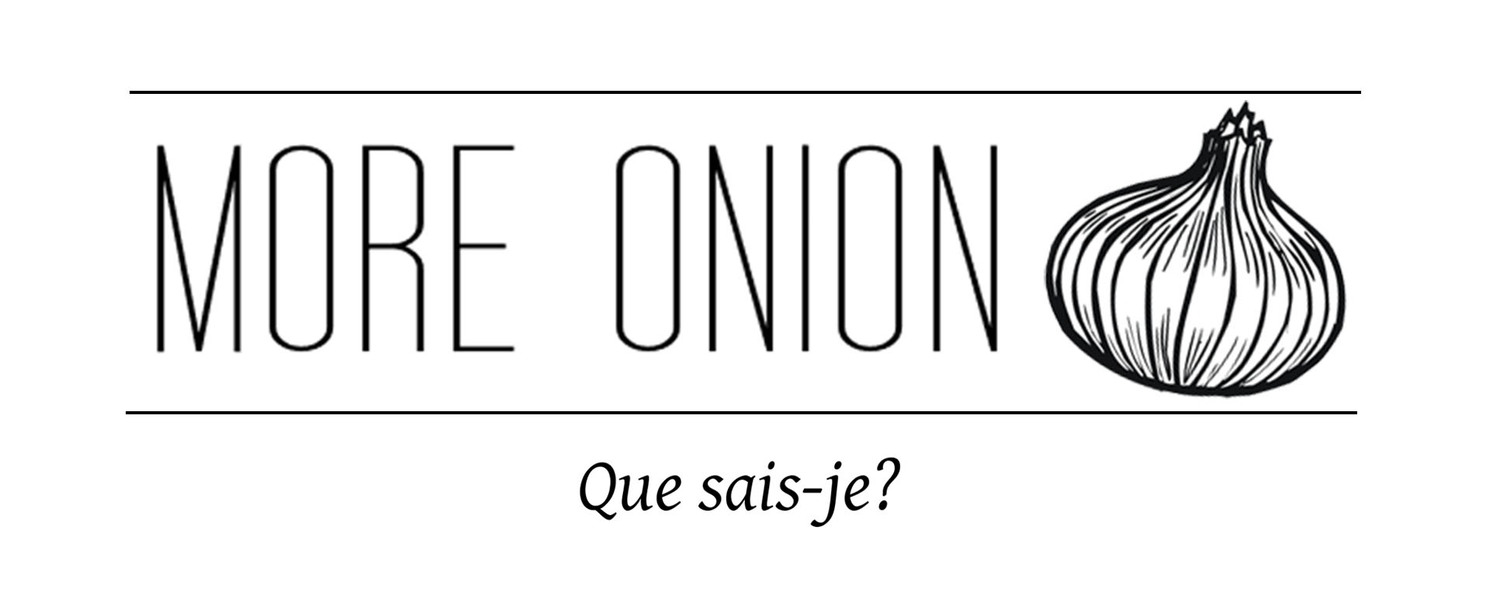Some Additional Thoughts on "Up, Simba"
One of my favorite pieces in David Foster Wallace's collection of essays Consider the Lobster is "Up, Simba." Written for The Rolling Stones, "Up, Simba" on the most superficial level details DFW's week spent on McCain's campaign trail in 2000, but that description doesn't do the brilliance of the piece justice- what it really is is a deep, painful examination of modern politics, capturing beautifully what it feels like to be a young voter in America.
I summarized it briefly in last month's book review, but basically in the week DFW is covering the campaign trail, Bush starts running negative ads and McCain's campaign is forced to do the same, hurting his image as a Good and Nice American, a persona on which he has drawn a lot of voters and won some surprising victories. At a public Q&A, a mother, Donna Duren, tells McCain about her son Chris, a young McCain supporter who was harangued by some push pollers, and details his anguish in hearing all the terrible things being said about McCain and his disillusionment and confusion in the value and veracity of believing in real American heroes. Moved to tears, McCain apologizes to Mrs. Duren, reaffirms the value in getting involved with politics, and pledges to remove all his negative ads and to urge Bush to do the same.
This exchange, what DFW calls "the most interesting and complicated week of the whole 2000 GOP race," is what launches him into his phenomenal dissection of the malaise and apathy modern voters feel. Millenial politics is painful, because in a world not only saturated by marketing but also universally recognized as so, we can never be sure if politicians are real or if their entire identity and platform is a just carefully crafted concoction of speech bites and rote gestures. We share a deep-rooted cynicism borne from a perpetual cycle of lofty promises and brutal letdowns, a cynicism that has permeated so widely into our consciousness that even when politicians say or do good, we can't help but wonder if this is just preplanned pandering and someone somewhere in a back office is patting his back over his latest bit of political ingenuity. Nowadays I share about the same confidence in the platitudes and promises of politicians as I do in the nutritional facts on cereal boxes.
It hurts to care, but despite everything we can believe in McCain because when he was not running for president, when he was just a POW in Vietnam, we saw the strength of his convictions and can admire his heroism without fear of an underlying marketing strategy or campaign manager. When he says that he wants "to inspire young Americans to devote themselves to causes greater than self-interest," we can believe it's not another pebble on the mountain of noble-sounding bullshit politicians feed us because in that dark, dirty Vietnamese prison cell with two broken arms, he did devote himself to a cause greater than his self-interest, and probably without thinking about how helpful this would be to his presidency in the future.
As a millennial voter (this past election was my first), this essay resonated very much with me, and I've been thinking a lot about it relative to the 2016 election cycle. This piece was written in 2000, when Trump being president was nothing more than a joke on the Simpsons, but I think it is still relevant and useful to help us understand Bernie Sanders' campaign.
It is hard to overemphasize the excitement millennial voters felt about Senator Sanders. In his 2016 campaign, he won more youth votes than Hillary and Trump combined, and it wasn't even close- exit polls showed a lead of more than 25%. But even without the numbers, you could just feel the energy and excitement amongst millennial voters. His speeches, platforms, and ideas were being shared constantly on Reddit and Facebook, and weeks before I could even vote in the primaries I was being handed Bernie stickers and asked to fill out my info on clipboards at Bernie booths manned by enthusiastic classmates.
Don't get me wrong, I'm not saying he was the perfect candidate or trying to espouse my own political views. We can doubt the loftiness of his ideals, question his limited political capital, or debate the economic infeasibility of his plans, but ultimately we cannot argue that he does not care. Sure, I guess it is possible that he saw the potential behind rallying the young, millennial vote, decided to craft his campaign around that ideal, and upon his victory, would've been the same as any old politician, but when we see pictures of Bernie the young activist being arrested at Civil Rights protests, when we read about his consistent and principled voting record, when we hear his passionate and fiery speeches, we can't help but feel that he really, honestly, cares, and suddenly it doesn't hurt so much to be a Bernie supporter.
Bernie in 1963
Poll any millennial on the street, and I am sure that you will find that, whether true or not, and regardless of whose fault it is, we all share the permanent and persistent discomfort that we are always being fucked by something big, whether it be Big Pharma, Big Banks, Big Government, Big Money, or just Bigly in general. It is a relief to at least hear someone acknowledge the always-dicked feeling and to give political voice to the injustices we perceive, a voice that runs counter to the reverberant "millennials are lazy and stupid!!," but the greater relief is to feel that a politician really understands, cares, and wants to make a difference.
Come to think of it, maybe that also explains why it was so painful to watch Senator Clinton dab.

